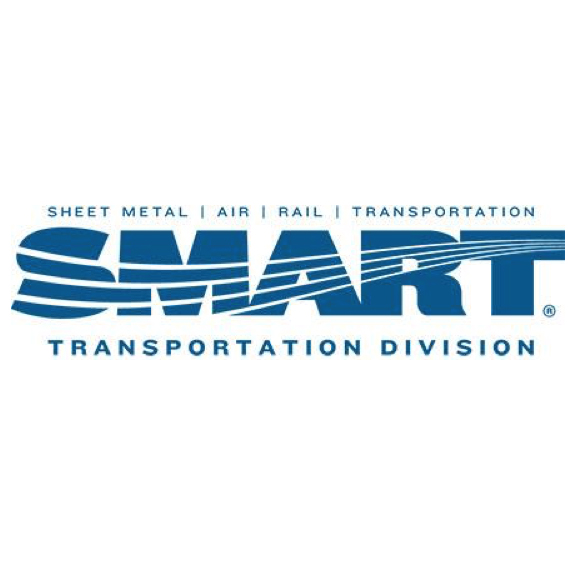 CLEVELAND — Two unions are suing Norfolk Southern over labor practices, seeking an injunction against what they say is a railroad practice of forcing locomotive engineers to work as conductors and disciplining those who don’t.
CLEVELAND — Two unions are suing Norfolk Southern over labor practices, seeking an injunction against what they say is a railroad practice of forcing locomotive engineers to work as conductors and disciplining those who don’t.
The Sheet Metal, Air, Rail, and Transportation Union-Transportation Division (SMART-TD) and Brotherhood of Lomocotive Engineers and Trainmen announced Thursday they had filed motions for preliminary injunctions against the railroad in U.S. District Court for the Northern District of Ohio, Eastern Division.
 SMART-TD is seeking an injunction returning to prior practice, which requires that only SMART-TD-represented train service employees fill jobs in those crafts and classes. The BLET seeks an injunction forbidding NS to force engineers to work as conductors, to halt discipline against those who refuse orders to do so, and to reinstate BLET members who have already been disciplined.
SMART-TD is seeking an injunction returning to prior practice, which requires that only SMART-TD-represented train service employees fill jobs in those crafts and classes. The BLET seeks an injunction forbidding NS to force engineers to work as conductors, to halt discipline against those who refuse orders to do so, and to reinstate BLET members who have already been disciplined.
Union presidents Jeremy R. Ferguson (SMART-TD) and Dennis R. Pierce (BLET) said the situation was identical to one that led to a BLET strike on the Wheeling & Lake Erie in 2013. “Multiple ground employees on NS have sustained injuries in switching operations in recent weeks,” they said. “We have made it clear to NS that forcing engineers to work ground assignments that they are not currently qualified on or familiar with is an invitation for more incidents.”
The two unions had said previously they would pursue legal action against the railroad [see “Unions begin legal action …,” Trains News Wire, Oct. 1, 2021].














It would be interesting to know the average age of engineers compared to conductors. I suspect that the engineers, on average, may not be in the same physical condition as the average younger conductor, making it difficult for some to service broken knuckles, air hoses, etc. on long trains. Why not pay those engineers willing to do this a bonus rate on the days they are needed as conductors? As a retiree from another line of work I agree with Bruce Brewer.
Hunter Harrison’s legacy of intimidation tactics in the run-up to contract renewals for both unions is alive and well at NS. I predict that the court will deny the unions’ demands for interlocutory relief from what is, in essence, elements that are subject to normal grievance procedure in both agreements given the labor relations situation on crewing requests by the industry that will end up being settled (in the industry’s favor) by arbitration.
If no grievance was filed and denied at each step in the grievance procedure before reaching an impasse in this situation, the unions have no case. They must, by law, exhaust all legal recourse available via the grievance procedure before turning to the courts for relief.
The questions of craft qualification are covered in the Code of Federal Regulations. If the LEs are also qualified conductors according to FRA standards and the furlough board of conductors has been exhausted, the railroad arguably has a case based on the irreparable harm doctrine.
Not that I like this situation as a former LE and conductor (before Transport Canada changed the rulebooks and removed conductors from their responsibility for the entire train and gave it to the LE), but it is what it is and both unions have to deal with it within the constraints imposed by law.
As a retired engineer, I can tell you I almost passed out from exhaustion when I was required to work the ground, after being an engineer for years.
Once in the cab, you should stay there.
Though to be fair, I have worked with young engineers who were my conductor, and did it very well.
But the union claims the engineers aren’t familiar with the territory. If this is true, then they might have a legitimate complaint.
I assume this is not about flowback where an engineer that can not hold an engineer assignment exercises their conductor seniority but about calling an engineer off an engineer extra board and telling them to work a conductor position.
This will drag on in the courts and NS will continue to violate contract provisions while it does. A better and more effective measure would be if the unions could get authorization to stage a strike, which to my understanding, is what they are trying to do.